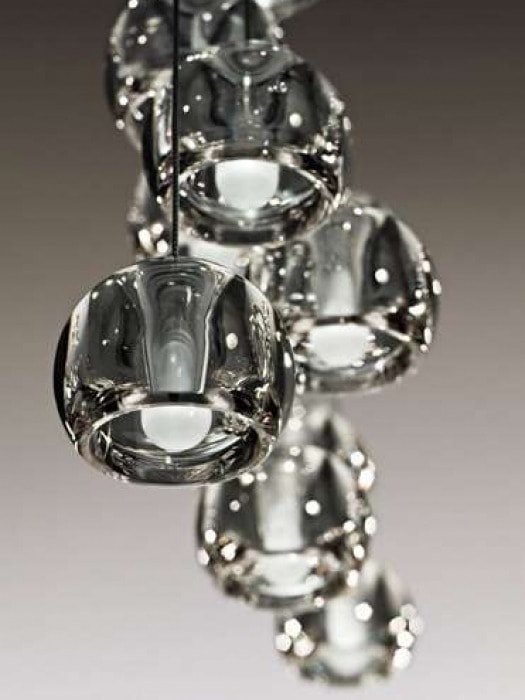
Rather, it applies to lighting equipment used in bathrooms or outdoor lighting fixtures. The IP number is composed of two digits,. IPrefers to a type of lighting approved for use in some areas of the bathroom.
These standards are used to define the levels of sealing effectiveness of electrical enclosures against intrusion from foreign bodies such as dirt and water. A number replaced by x indicates that the enclosure is not rated for that spec. IP ratings are a rating of the protection for electronic equipment from dust, solid objects and fluids. IP Rated Enclosures - quick find chart. All of our outdoor lights have an IPrating which means they are protected from water sprayed in all directions.
A product that has a rating of IPmeans that it is protected against solid objects that are bigger than 1mm and water splashing from all directions. In this zone a minimum rating of IPis required. If the fitting is 240v a 30ma residual current device (RCD) must also be used to protect the circuit in this zone.
If you would like IP ratings explained in full, this blog will provide you with all the information you need. Otherwise known as Ingress Protection. If you are referencing a different standard for this I would expand. If your device has a rating of IP5 its the second number that’s important.
If there is a letter after the number this indicates additional tested resistances, such as to oil, but this is pretty rare on outdoor gear. Sicher n nach Monitor Ip65. In addition it is good practice to consider the area around a wash basin, within a 60cm radius of any tap to be considered as zone 2. If you need to jet-clean the light fitting or immerse it in water you’ll need a greater level of protection, but for most purposes the IPspecification will suffice. The IPrating is common in outdoor lighting. A lower IPrating is sometimes seen in outdoor lights, which is also rainproof but a little less protected against wild downpours and bouncing or deflected water.

IPX is a standard given to products so you can compare them against each other – and know what level of water resistance and dust ingress they offer. In these bathroom zones an IP rating of at least IPis required. In addition, it is good practice to consider the area around a wash basin, within a 60cm radius. The first number refers to the protection against solid objects (dust, etc) and the second number refers to protection against liquids.
Each IP rating has two numbers, both of which give you information about the protection level. An IP rating is comprised of numbers. IP is the name of the standard that was drawn up by the International Electrotechnical Commission (IEC) to determine how resistant an electrical device is to fresh water and common raw materials.
The minimum IP rating for an appliance in this zone is IP, meaning it must be protected against all solid objects and any splashing liquid. Zone 2: An area of a 60cm radius surrounding any instance of Zone requiring protection against mist and small splashes of water. IPis a European rating for ingress protection, suitable for Zone of bathrooms.
In-general a rating of IPis suitable for outdoor use when not exposed directly to heavy rains. Decking or patio lights: Since these needs to be jet-cleaned (mostly), I suggest to select an IPXrating or above. Each light fitting has an Ingress Protection rating consisting of two numbers. Whereas IPagain the rating for many outdoor lights, means nothing over 1mm so no wire can be poked in, and the second refers to protection from splashes.
This makes IPa good rating for outdoor lights as well as some areas in the bathroom. So the higher the second number the better the water protection, generally they go hand in hand. What is IP6 IPRating Explained First off, you should know there are two different types of ratings most commonly found in the U. NEMA is the National Electrical Manufacturers Association. Their rating system is called the NEMA Standards Publication 2and is our national standard.
Tell Fractal Design what you think of their ad campaign:.
No comments:
Post a Comment
Note: only a member of this blog may post a comment.